
Learn about your hazards
You are already doing this by using the Seattle and King County Ready website! Learning which hazards could impact your home and your community can help you get prepared for them. And if you’re prepared for one hazard, like a winter storm, you’ll be prepared for other types of hazards.
 helps reduce emotional or physical harm
helps reduce emotional or physical harm
 useful for other purposes
useful for other purposes
 helps protect property
helps protect property

Make a family communication plan
A disaster could happen any time of the day. Family members may not be in the same place. Making a family communication plan is a free and effective way to make sure you can find your loved-ones after an event.
 helps reduce emotional or physical harm
helps reduce emotional or physical harm
 useful for other purposes
useful for other purposes

Sign up for Emergency Alerts
Find out when an emergency is happening in your area so you can take action. Alert King County and Alert Seattle are free services that send emergency alerts through text, email, or voice message. These systems are free to anyone who lives in, works in, or visits King County and they are designed to share emergency information that can help you protect yourself and your loved ones when disaster strikes. Sign up today!
 helps reduce emotional or physical harm
helps reduce emotional or physical harm
 useful for other purposes
useful for other purposes
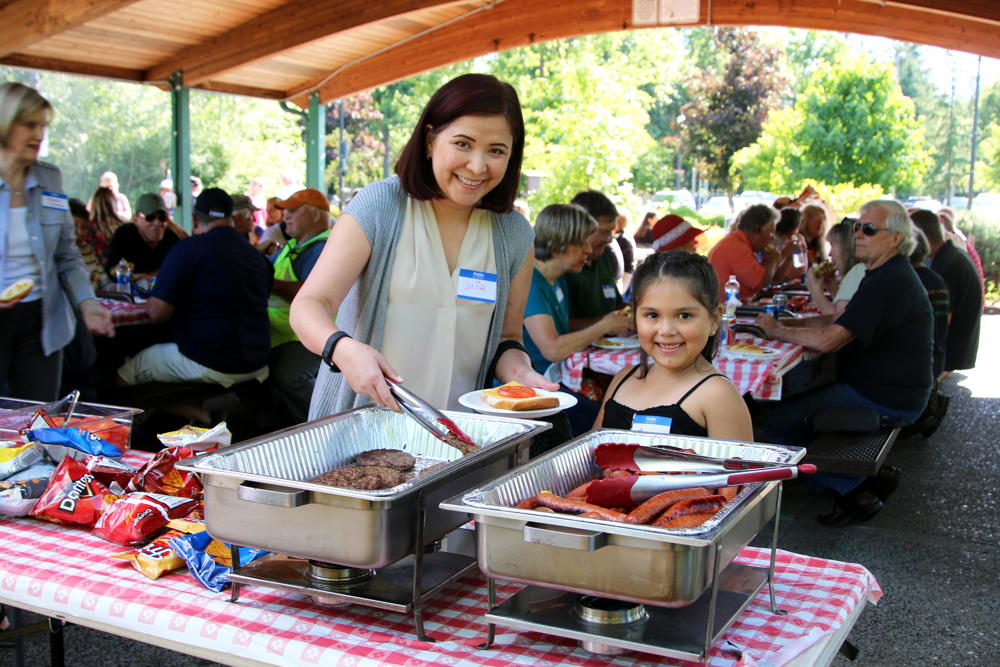
Get to know your neighbors
Communities are safer when people know their neighbors. When we have strong social connections before a disaster, we're more prepared to help each other during a disaster. We know who needs the most help and who has skills and resources to offer. Start talking to your neighbors today. It doesn’t have to be about emergency preparedness!
 helps reduce emotional or physical harm
helps reduce emotional or physical harm
 useful for other purposes
useful for other purposes

Gather and make copies of important documents
Having important documents handy makes it easier to recover after a disaster. If you apply for financial assistance, you will need documentation. Make copies of important documents like driver licenses, birth certificates, house and car titles, medical information, etc. You can put printed copies or a USB drive in your emergency kit, or you can upload the infomation to a secure, password protected online storage system.
 helps reduce emotional or physical harm
helps reduce emotional or physical harm
 useful for other purposes
useful for other purposes
 helps protect property
helps protect property
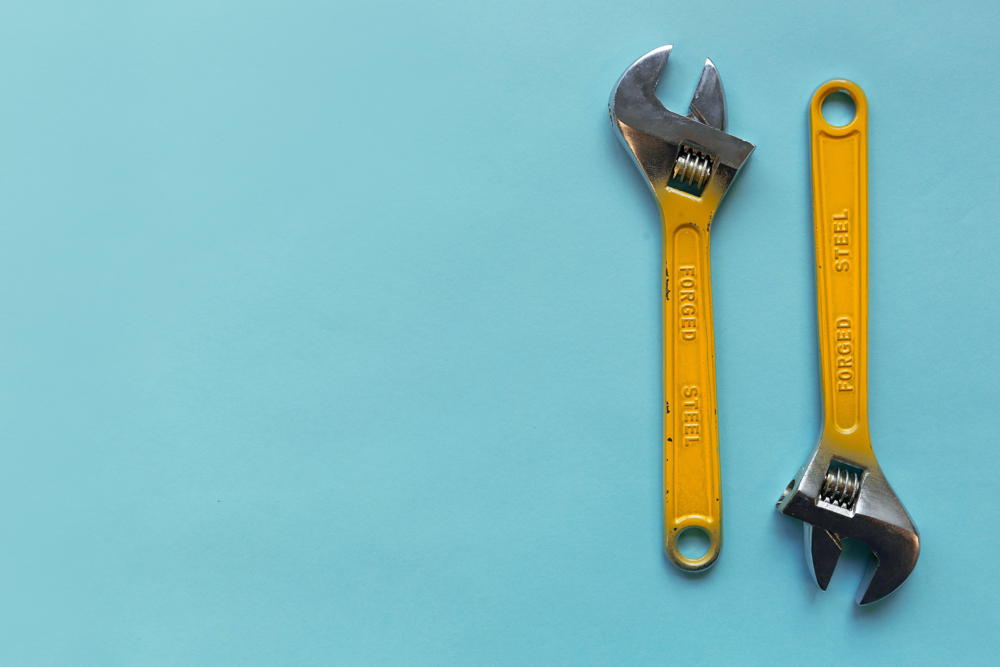
Learn when and how to shut off utilities
One of the first things you should do after an earthquake is check your utilities. Broken gas lines can lead to fire. Broken sewer lines can contaminate the clean water in your pipes. Learn how to check your utilities today!
Gas: Do not turn off your gas service unless you smell gas, hear gas escaping, or see other signs of a leak. Only turn off the gas if it is safe to do so. Have a professional turn it on again.
Click to play this video

Water: Turning off the main water valve after a disaster prevents contaminated water from entering the home lines and keeps gravity from draining the water in the home if there is a break in the pipe outside. You can collect drinking water from what is remaining in the pipes and the water heater. You shouldn’t turn the water back on until you know it is safe to do so.
Click to play this video

Electricity: It’s a good idea to turn off power if you suspect gas leaks. Power should stay off until a professional confirms that no gas leaks exist.
 helps reduce emotional or physical harm
helps reduce emotional or physical harm
 useful for other purposes
useful for other purposes
 helps protect property
helps protect property
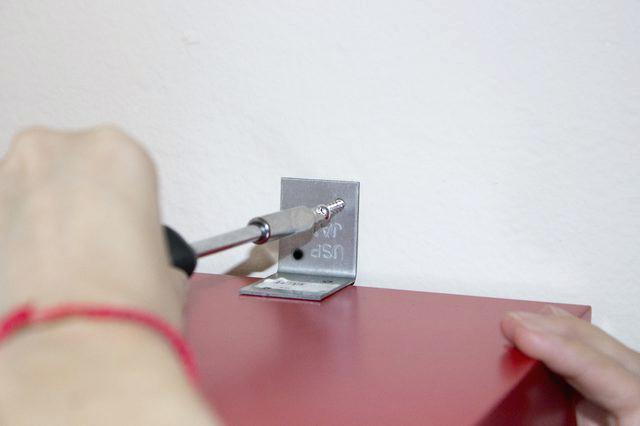
Secure your space
Local authorities recommend that individuals and families be prepared to be on their own for a minimum of 2 weeks after a disaster. This helps emergency services focus their efforts on helping injured and vulnerable populations.
Making an emergency kit is easier than you may think! Get some supplies together now so you and your loved ones are ready during an emergency. You probably already have most of what you need. Sometimes it's just a matter of putting everything in one place.
 helps reduce emotional or physical harm
helps reduce emotional or physical harm
 useful for other purposes
useful for other purposes
 helps protect property
helps protect property
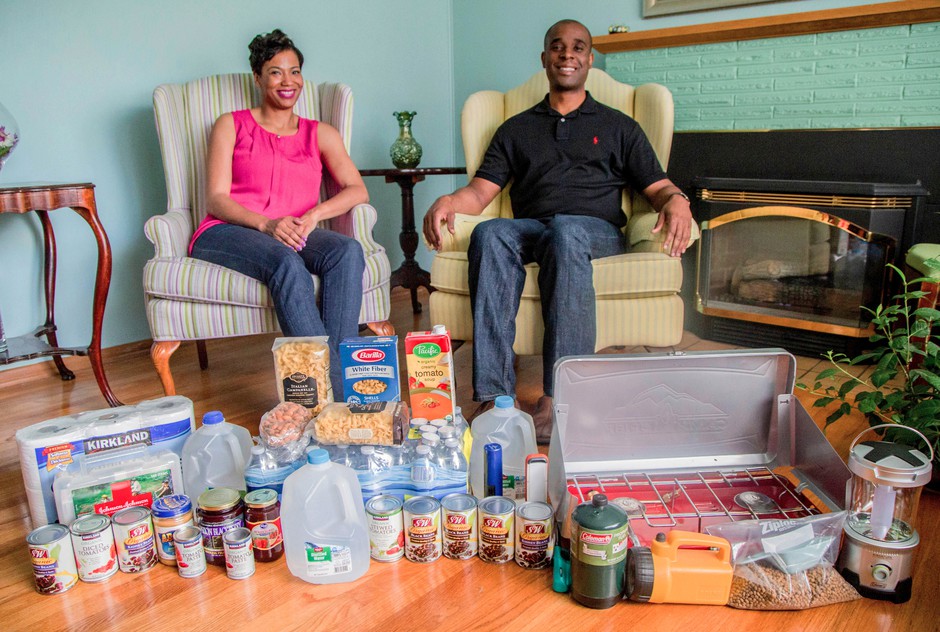
Assemble a supply kit
The most common cause of injury during an earthquake is falling objects. Shaking can cause furniture, art, dishes, TVs, etc. to fall. It’s pretty cheap to reduce these risks by securing furniture to the walls and sticking items down with putty.
 helps reduce emotional or physical harm
helps reduce emotional or physical harm
 useful for other purposes
useful for other purposes
 helps protect property
helps protect property
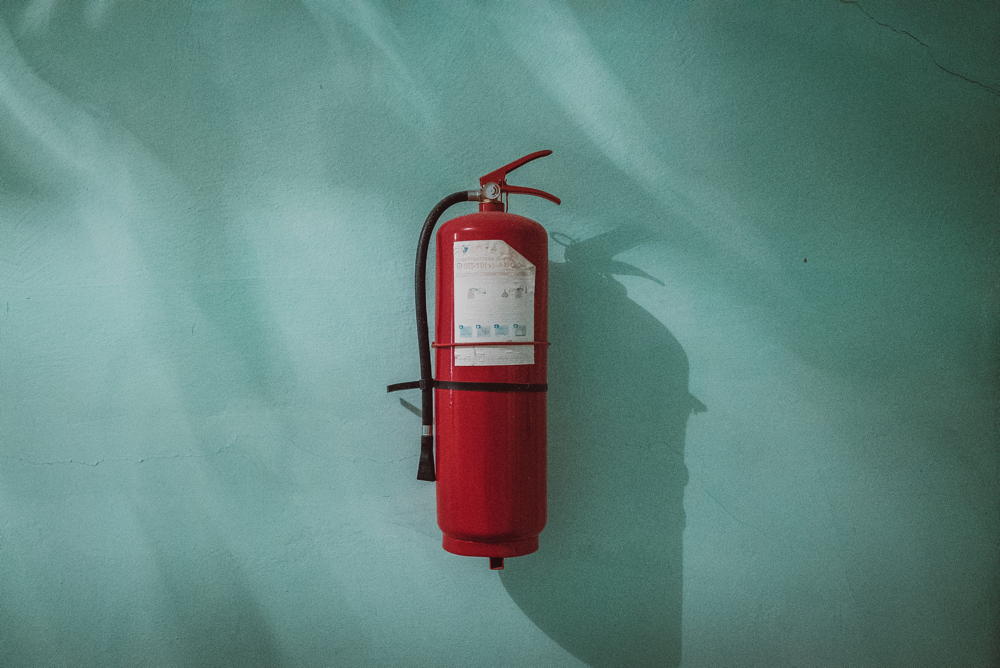
Buy a fire extinguisher
A fire extinguisher can help keep your home safe by putting out small fires that may occur. There are several different types of fire extinguishers to put out different types of fires. Make sure to purchase the correct type suitable for use in your home. Please reach out to your local fire department to learn which type is right for you and how to safely and properly operate a fire extinguisher.
Click to play this video

 helps reduce emotional or physical harm
helps reduce emotional or physical harm
 useful for other purposes
useful for other purposes
 helps protect property
helps protect property

Plan for your pets
Pets are part of the family. During disasters pets often run away or get separated from their humans. Microchips provide a unique and permanent ID for your pet. This means that if they end up at a shelter, staff can alert you and reunite you with your pet. Your local vet can do this for $30-$70.
 helps reduce emotional or physical harm
helps reduce emotional or physical harm
 useful for other purposes
useful for other purposes

Take a CPR or First Aid class
After a disaster people will need help. The more people who are CPR and First Aid Certified the better. The Red Cross offers great classes to provide you with life-saving skills.
 helps reduce emotional or physical harm
helps reduce emotional or physical harm
 useful for other purposes
useful for other purposes

Purchase hazard insurance
Homeowners insurance does not cover earthquake or flood damage. Talk to your insurance company to find out how you can insure your property for potential future damage. If you rent, consider buying renters insurance with an earthquake rider.
 helps protect property
helps protect property
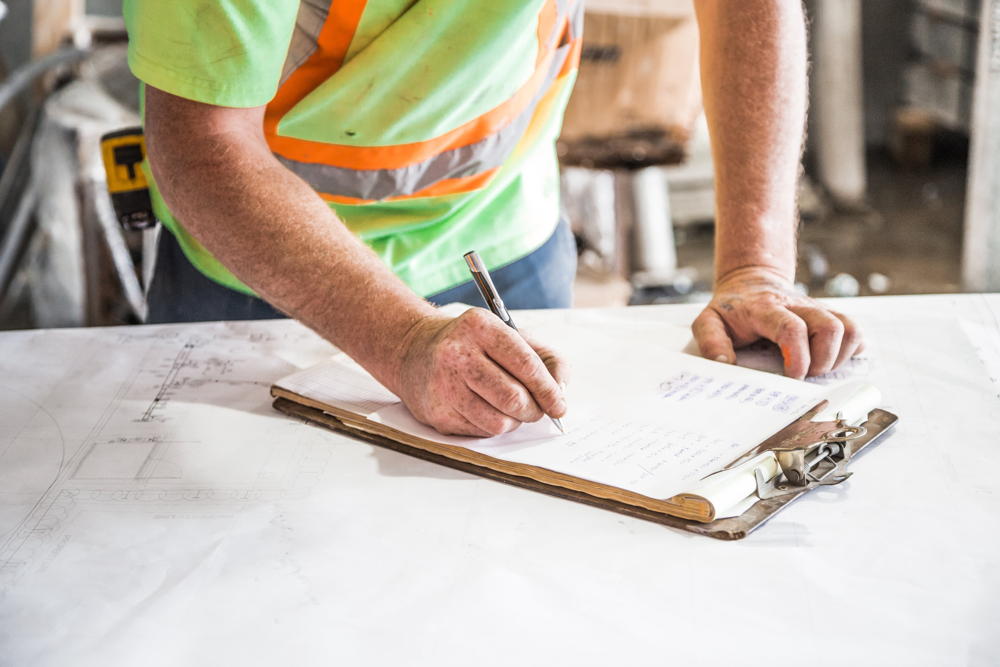
Retrofit your home
If you live in an older home, it may be more likely to get damaged by an earthquake. A retrofit can protect your home from damage. Retrofitting involves adding braces to tie building components together.
 helps reduce emotional or physical harm
helps reduce emotional or physical harm
 helps protect property
helps protect property
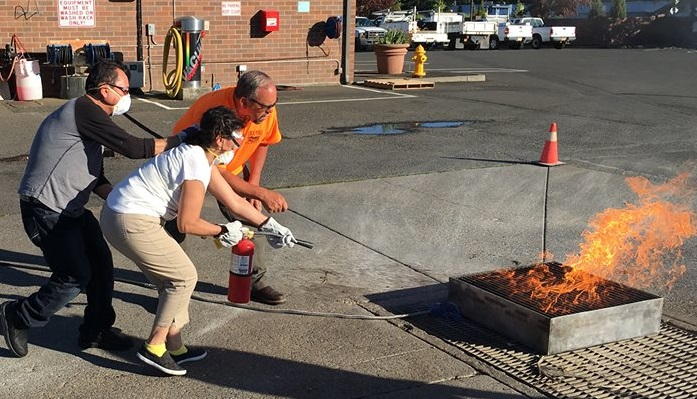
Get involved
Feel passionate about your community and its safety? Consider volunteering for your local Community Emergency Response Team (CERT), Seattle Emergency Hubs group, and Seattle Neighborhoods Actively Prepare (SNAP) groups. Volunteers in these programs get free training in basic disaster response, including fire safety, light search and rescue, team organization, and disaster medical operations. They also do important preparedness outreach in their communities.
 helps reduce emotional or physical harm
helps reduce emotional or physical harm
 useful for other purposes
useful for other purposes

helps reduce emotional or physical harm
useful for other purposes
helps protect property
 Hazard Ready homepage
Hazard Ready homepage